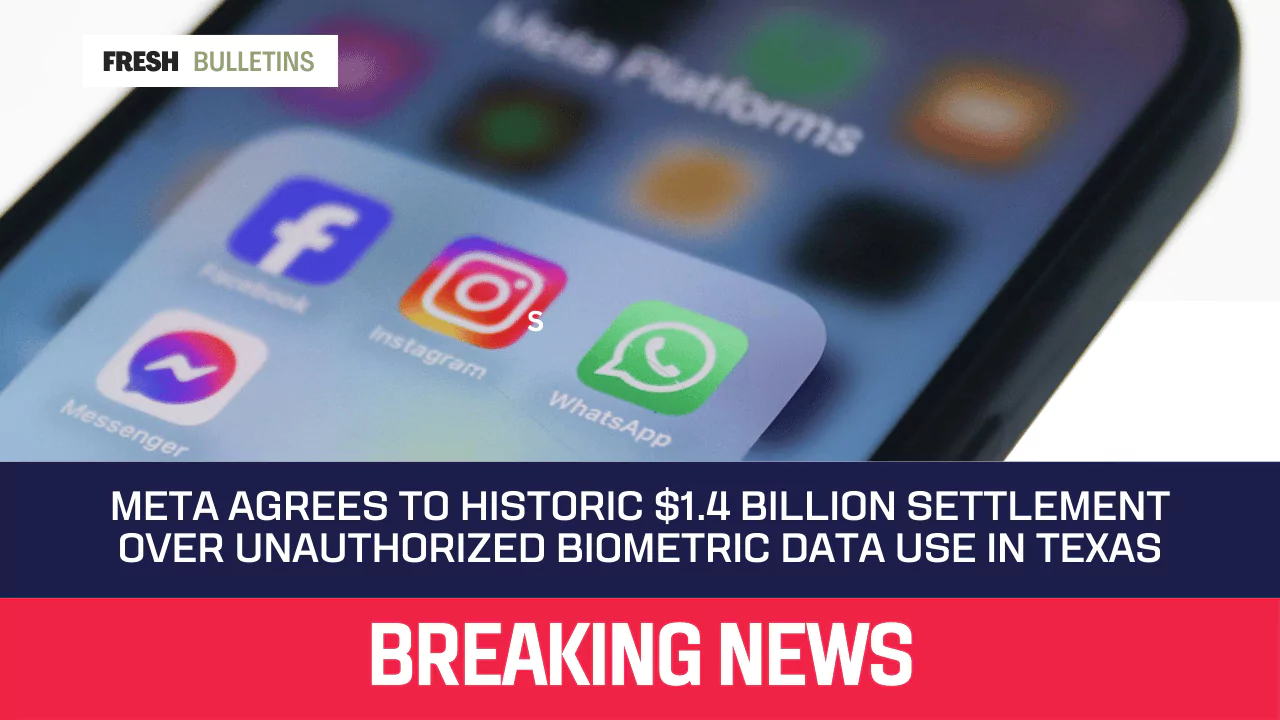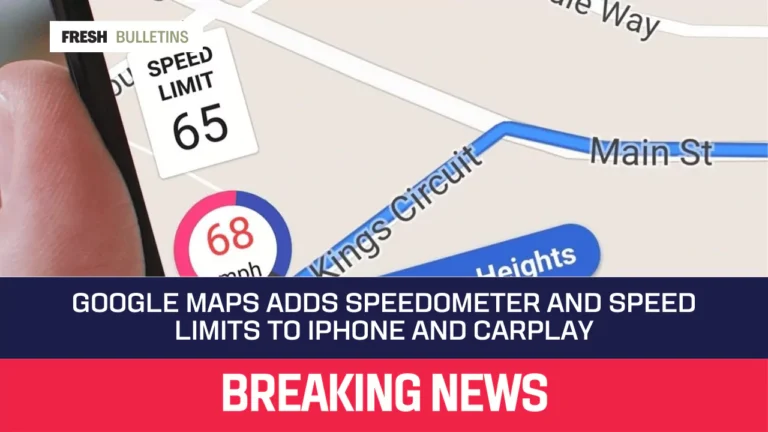Meta Agrees to Historic $1.4 Billion Settlement Over Unauthorized Biometric Data Use in Texas
Meta has reached a settlement of $1.4 billion with the state of Texas regarding the unauthorized use of biometric data from Facebook. This agreement stems from a lawsuit brought by Texas Attorney General Ken Paxton, which accused Meta of violating privacy laws. The settlement marks a significant action against a tech company for mishandling personal information.
Overview of the Case
In February 2022, Texas Attorney General Ken Paxton filed a lawsuit against Meta. The lawsuit claimed that Meta unlawfully collected and stored biometric data without user consent. Paxton stated that Meta’s practices involved capturing data from photos and videos shared on Facebook, specifically through a feature called “Tag Suggestions.” This feature allowed Facebook to recognize faces without notifying users or obtaining their consent, violating Texas law.
The recently announced $1.4 billion settlement concludes this legal dispute. Under this agreement, Meta will pay the state over five years. This amount is notable for being the largest settlement obtained in the history of biometric privacy violations by a single state. The decision underscores the seriousness of privacy breaches in technology.
Implications of the Settlement
The $1.4 billion settlement serves as a strong statement regarding the importance of biometric privacy. It signifies that misuse of personal data has serious consequences. Despite this, many critics point to the lack of consistent enforcement in Texas’ biometric privacy laws, raising questions about how effectively these laws protect residents.
This settlement implies greater scrutiny for tech companies regarding their data practices. However, it also highlights a potential gap in the enforcement of existing privacy laws. Laws in Texas often lack stringent penalties for violations, allowing companies to operate without fear of significant repercussions.
Furthermore, Meta had previously taken steps to end the misuse of facial recognition technology. In late 2021, the company announced the discontinuation of its facial recognition system on Facebook. This shift came in response to growing public concerns about how facial recognition impacts privacy and civil rights.
Privacy Concerns Associated with Data Collection
This case has raised essential questions about privacy and data collection. The risks of unauthorized biometric data collection extend beyond individual privacy. Researchers and journalists may experience challenges when analyzing or reporting on data practices due to companies’ control over information. The potential for misuse of this kind of data raises fears of surveillance and misrepresentation.
Another area of concern involves the jurisdictional challenges faced by states in addressing data violations. Many tech companies operate globally, meaning they often evade local legal enforcement. Biometric data, especially, poses complex issues with laws that can vary from one region to another. Foreign companies that do not physically operate in Texas or do not have clear compliance measures make accountability difficult.
In conclusion, the $1.4 billion settlement between Meta and Texas serves as a crucial turning point for biometric data privacy. The significant amount paid represents the growing importance of individual privacy rights, even amid challenges in enforcement and jurisdiction. As technology continues to evolve, the implications of such legal actions will resonate in future discussions about data ethics and privacy protection.







